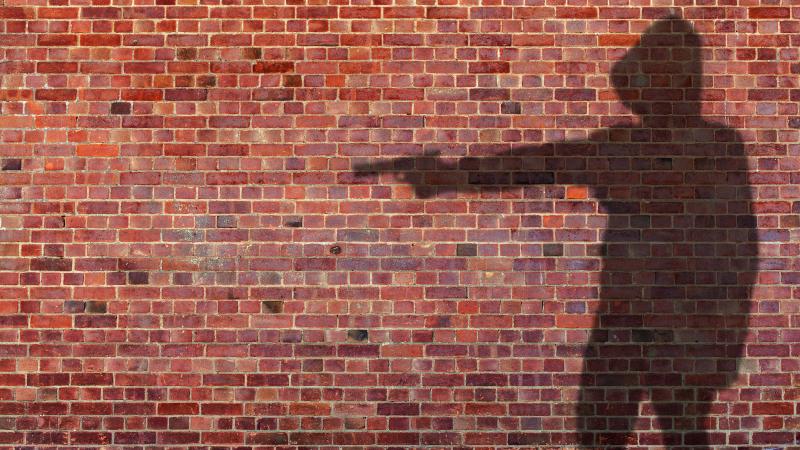Vindication for the Swedish model of non-coercive pandemic mitigation?
Mask-free Sweden had near zero COVID-19 daily deaths in July, fared better than expected economically with no lockdowns in place
While many U.S. policy makers are suggesting that states return to lockdowns and impose vaccine or mask mandates to engage in everyday life as new coronavirus variants surface, Sweden's population of 10.3 million fared better than expected after implementing no lockdowns over the last year.
In April of last year, Björn Olsen, professor of infectious medicine at the University of Uppsala, issued a report suggesting that if lockdowns weren't implemented a "tragedy" would soon befall Sweden.
An Imperial College model suggested that 85,000 people would die without a lockdown, and an Uppsala University team projected that 40,000 people would die from COVID-19 by May 1, 2020 and nearly 100,000 by June.
But by May, Sweden reported roughly six deaths for every one million people, according to the Financial Times, with 48.9% of its initial coronavirus deaths taking place in nursing homes, according to an analysis by the Swedish Public Health Agency.
More than a year later, Sweden recorded 1.1 million coronavirus cases with 1.07 million people having recovered from the virus, and 14,620 coronavirus-linked deaths, according to woldometers.info as of Aug. 8, 2021.
Of the currently 12,248 people who have tested positive for COVID-19, 12, 219 are experiencing mild symptoms (99.8%) and 29 (0.2%) are in serious or critical condition, according to woldometers.info.
While the Financial Times warned that Sweden wouldn't likely see an economic benefit from its no-lockdown approach, in May 2020, Sweden fared better than expected. According to an analysis by Nordetrade.com: "Covid-19 has had a rather limited impact on [Sweden's] economy compared with most other European countries. Softer preventative restrictions against Covid-19 earlier in the year and a strong recovery in the third quarter contained the GDP contraction."
With the rise of the so-called Delta variant, Sweden has held fast in not imposing a lockdown or a mask mandate, having lifted its last face covering requirement on public transit July 1. Still, its population had a total of eight coronavirus-related deaths in July, or an average of 0.26 coronavirus-linked deaths a day. Daily hospitalizations were also close to zero in July, with between zero and two COVID-19 cases requiring hospital treatment nationwide.
Sweden's numbers are considerably lower compared to 74 and 329 coronavirus-related daily fatalities in the U.K. and U.S., respectively, over the same period.
Sweden announced it plans to administer booster doses of the COVID-19 shots for its most vulnerable citizens beginning in September. "The assessment is that it is not possible to eradicate the virus and therefore vaccination work should be long-term and focused on reducing serious illness and death," Anders Tegnell, Sweden's chief epidemiologist recently announced.
Sweden's Public Health Agency expects its entire adult population will have received two doses of COVID-19 shots by the fall, and that many will receive a third shot next year.
Tegnell said there is "a lot we do not know" about Delta and that it had been circulating in Sweden "for quite some time" with little impact, especially in high-risk environments like nursing homes.
His remarks came after the Centers for Disease Control and Prevention suggested the Delta strain is more transmissible than the original coronavirus, even as contagious as chicken pox, and could potentially cause severe illness. The agency has not explained its testing methodology, as critics have pointed out tests to determine variants are not available on a national scale, making it difficult to determine if someone who tests positive for the coronavirus has a variant or not.
"It is difficult to say how contagious Delta is, [as] when it comes to chickenpox, we have been able to follow the disease for several years," Tegnell told Sweden's Aftonbladet. "The infectivity [of Delta] seems to be very uneven — in some cases, one person infects a hundred people, then we have other occasions when an infected person does not infect anyone at all."
Sweden's public health agency has recommended that Swedes continue to social distance and work remotely but has not issued mask or face covering mandates in public spaces. Sweden remains open while other countries are considering reinstituting lockdowns, and still others like France, have announced vaccine mandates as a condition to be able to participate in society.
















